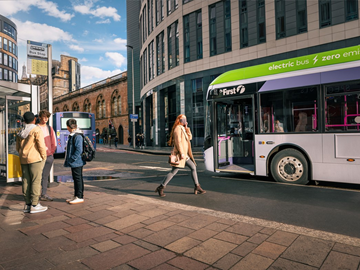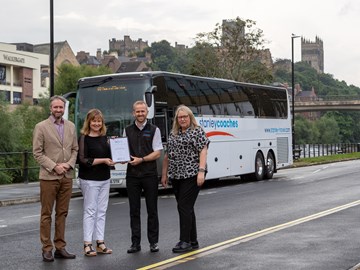Latest News & Releases
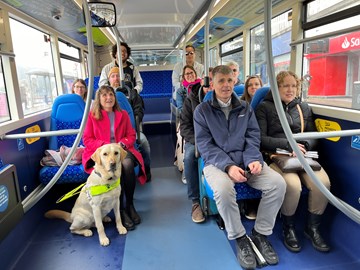
New bus driver training materials created by blind and partially sighted people added to CPT's Compliance Manual
The materials, published to mark the end of Catch the Bus Month, September 2024, were prepared by the UK charity, Thomas Pocklington Trust (TPT) and its volunteer-led Sight Loss Councils (SLCs), working with Brighton and Hove Buses, Bus Users UK, The Driver Vehicle Standards Agency (DVSA) and CPT.
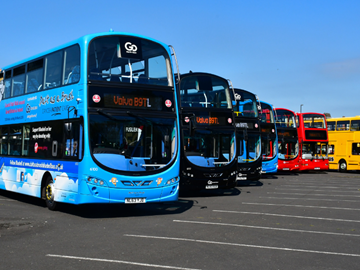
Bus must sit at the heart of a new vision-led approach to placemaking
In its response to the government’s consultation on planning reforms, CPT calls for a ‘bus first’ approach to be enshrined in the National Planning Policy Framework - to ensure new towns and housing developments are designed to be healthier, greener, and better-connected communities.
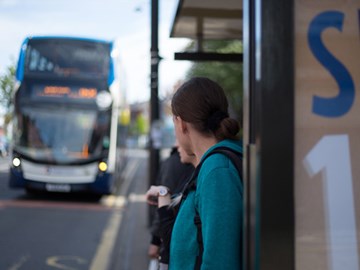
CPT responds to Transport Secretary Louise Haigh’s speech to the Labour Party Conference
Bus passengers are waiting for clarity over the future of the £2 fare cap and want to hear how far the new Government is prepared to sustain the type of investment that's already delivering better services.

CPT responds: Accessible Information Regulations - Exemptions for coaches when used on rail replacement
CPT has welcomed DfT's announcement of these exemptions to AIR for coaches used on rail replacement, which follow months of discussion where CPT used data and information to show there is scant economic justification for these vehicles to be fitted with the kind of specialist equipment rightly required on local bus services.

CPT responds to new study on bus retrofit technology
CPT reacts to publication of a new independent study that aimed to assess the effectiveness and reliability of retrofitting technology used to reduce bus emissions, commissioned by the Joint Air Quality Unit (JAQU) and published today by the Department for Transport and Department for Environment and Rural Affairs.

CPT submits a representation in advance of the UK Government’s Budget
On Tuesday (10 September), CPT submitted a representation in advance of the UK Government’s Budget which will be held on 30 October, highlighting the urgent clarity required on the national fare cap, and that funding streams must be maintained over the next financial year to enable the sector to maintain current service levels.
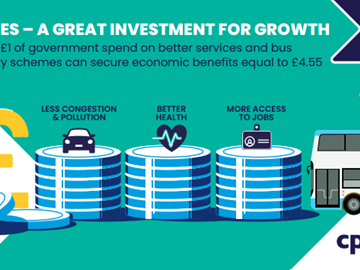
New research shows the huge economic impact of buses and highlights the value of public investment in local services
New independent research commissioned by CPT from KPMG evaluates the scale and breadth of economic benefits delivered by local bus services to the British economy and highlights how investment in them by government offers excellent value-for-money
